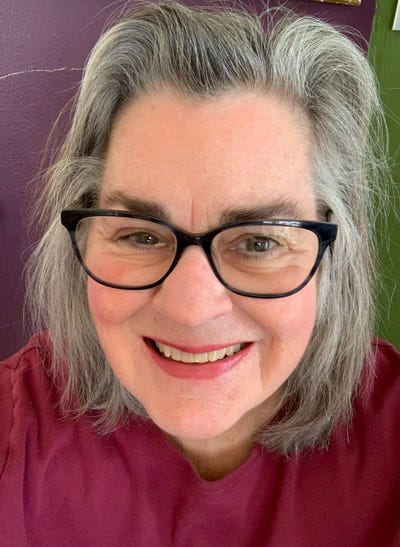April 24, 2008

A growing number of organizations are urging the federal government to block an acquisition they believe will harm cotton farmers and increase U.S. production of genetically modified cotton.
The $1.5 billion acquisition of Scott, Miss.-based Delta and Pine Land by St. Louis-based Monsanto has been in the works since Aug. 15. DPL operates the largest non-GM cotton-seed breeding program in the world. Monsanto produces "Roundup Ready" GM cotton seeds. Together, the two firms account for about half of the cotton seed grown in the United States.
Feb. 20, the 80,000-member National Black Farmers Association passed a resolution opposing the acquisition because they believe it would "significantly diminish competition in the seed and biotech seed-trait market" and "create a monopoly in the American cotton industry, resulting in fewer choices, less innovation and higher prices for farmers."
NBFA wants state and federal antitrust authorities to block the acquisition. According to NBFA President John Boyd Jr., Monsanto cancelled a similar acquisition of DPL in 1998 after learning the U.S. Department of Justice was prepared to file an injunction to block the merger.
The Center for Food Safety, a nonprofit advocacy group based in Washington, D.C., joined the debate Feb. 22 with a report criticizing the current Monsanto-DPL acquisition and calling for the DOJ to block it for antitrust reasons.
The Monsanto-DPL merger will worsen agricultural and environmental problems associated with GM cotton and threaten the organic cotton market, the CFS report concluded.
According to the report, cotton seed prices rose 240 percent from 1995 to 2005, "due primarily to fees charged for genetically engineered traits. Monsanto's pledge to 'increase technology penetration' in DPL's cotton varieties will further accelerate the steep rise in prices and reduce the number of conventional varieties offered for sale." It could also affect the "booming market in organic cotton" through transgenic contamination by GM seed and herbicide drift, according to the report.
Monsanto spokesman Lee Quarles released a statement that called the report biased. It "cherry picks information in order to suit these groups' anti-Monsanto and anti-technology agenda," according to the statement.
"In reality, the vast majority of cotton farmers and the cotton industry are neutral to positive on the transaction," the statement continues. "The reality is that cotton farmers have chosen to plant cotton seed with biotechnology traits for more than a decade because the technology works and provides them with real economic and environmental advantages."
According to the U.S. Department of Agriculture's Economic Research Service, in 1997, the year Monsanto's Roundup Ready GM cotton was introduced, 10 percent of U.S. cotton acreage was planted in herbicide-tolerant crops and 15 percent was planted with insect-resistant crops. By 2006, total cotton acreage jumped to 65 percent for herbicide-tolerant crops and 57 percent for insect-resistant crops. Overall, in 2006, 83 percent of U.S. cotton acreage was planted with genetically engineered seed (including herbicide-tolerant and insect-resistant crops), according to the ERS.
Mark Lipson, policy program director for the Organic Farming Research Foundation, said the Monsanto-DPL merger is "sort of the completion of a very long-standing trend. It's not something OFRF is working on. I don't think there's anything that can be done about it as long as antitrust laws aren't enforced."
About the Author(s)
You May Also Like
.png?width=700&auto=webp&quality=80&disable=upscale)




